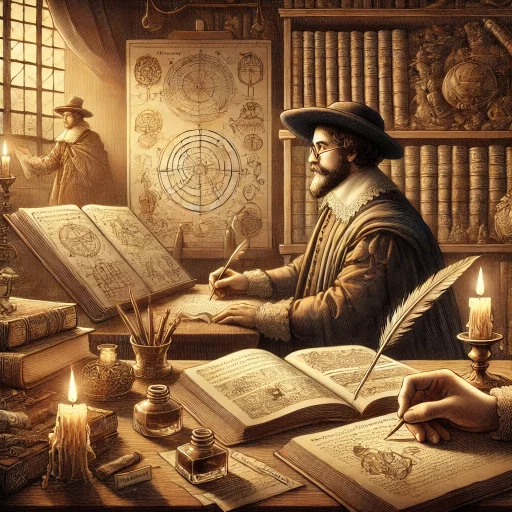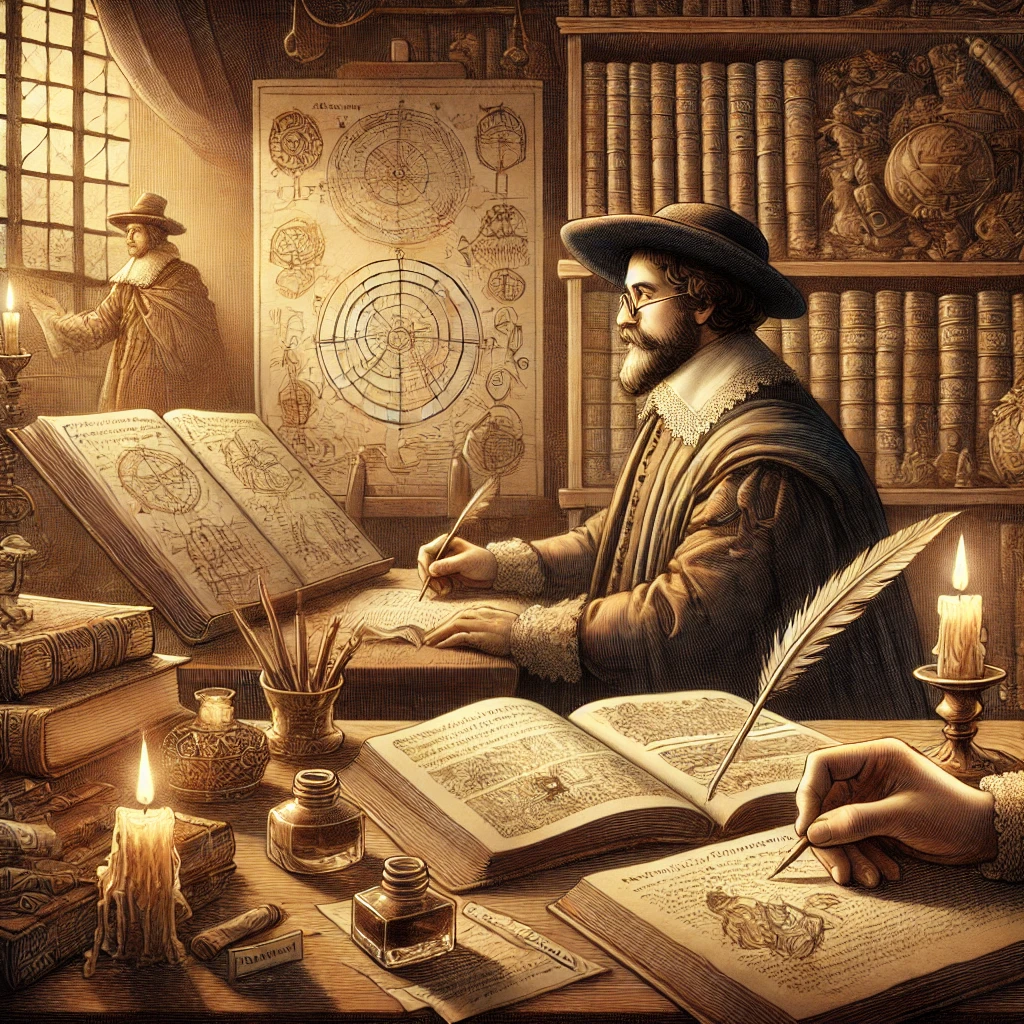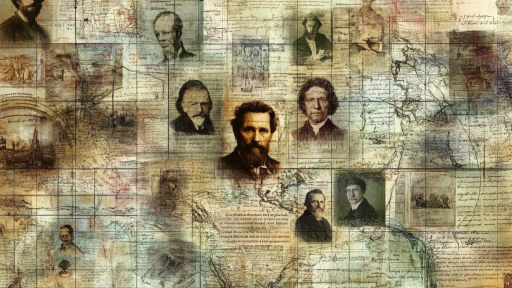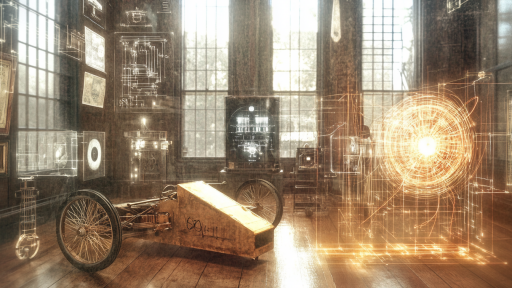A Scholar of Endless Curiosity
Imagine living in the 17th century—a time when science, philosophy, and art were exploding with new ideas. One scholar, whose curiosity knew no bounds, became a pioneer in fields ranging from linguistics to history, leaving a legacy that still intrigues us today.
A Renaissance of Ideas
This article delves into the life of a scholar who explored many disciplines like a true Renaissance man. He didn’t just write about history; he actively shaped it by challenging traditional ideas. His contributions to linguistics were groundbreaking, unlocking “grammar keys” that revealed new insights into ancient texts. At the same time, he was a bold critic of political systems, striving to bridge the gap between academic thought and real-world impact.
Lessons from the Past for Today’s World
This scholar’s interdisciplinary approach holds lessons for modern times. By blending science, history, and art, he demonstrated that innovation often emerges when we connect the dots. For instance, his work on ancient languages laid the foundation for modern linguistics—a field that now drives everything from AI translation tools to the preservation of endangered languages.
The Spirit of Enlightenment
This story isn’t just about one individual’s achievements; it’s about the relentless pursuit of knowledge that defined the Enlightenment. His ability to see connections across disciplines mirrors how we tackle big challenges today, from climate change to technological ethics. His legacy reminds us that progress happens when we ask bold questions and explore unexpected answers.
Source: London Review of Books





